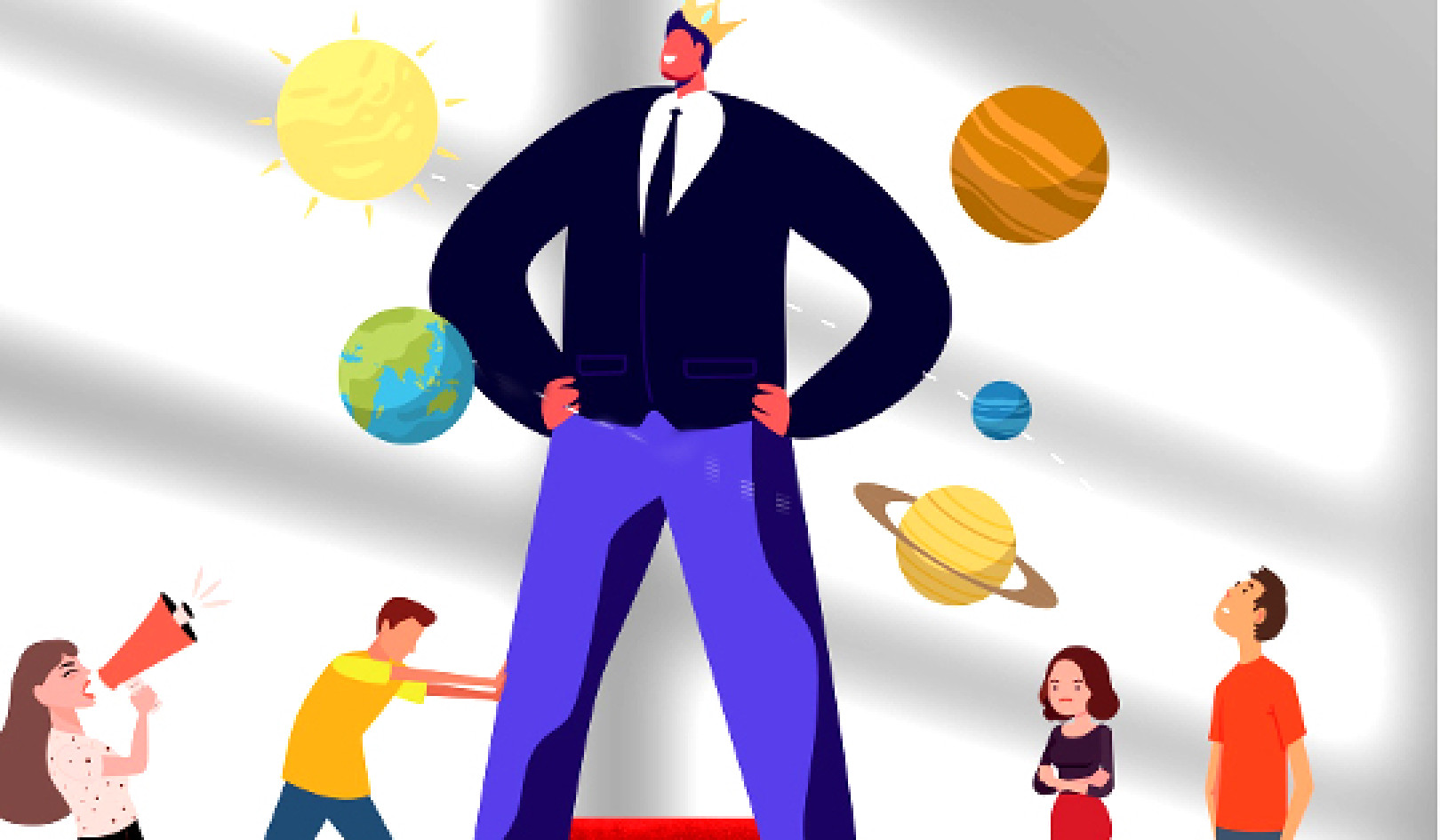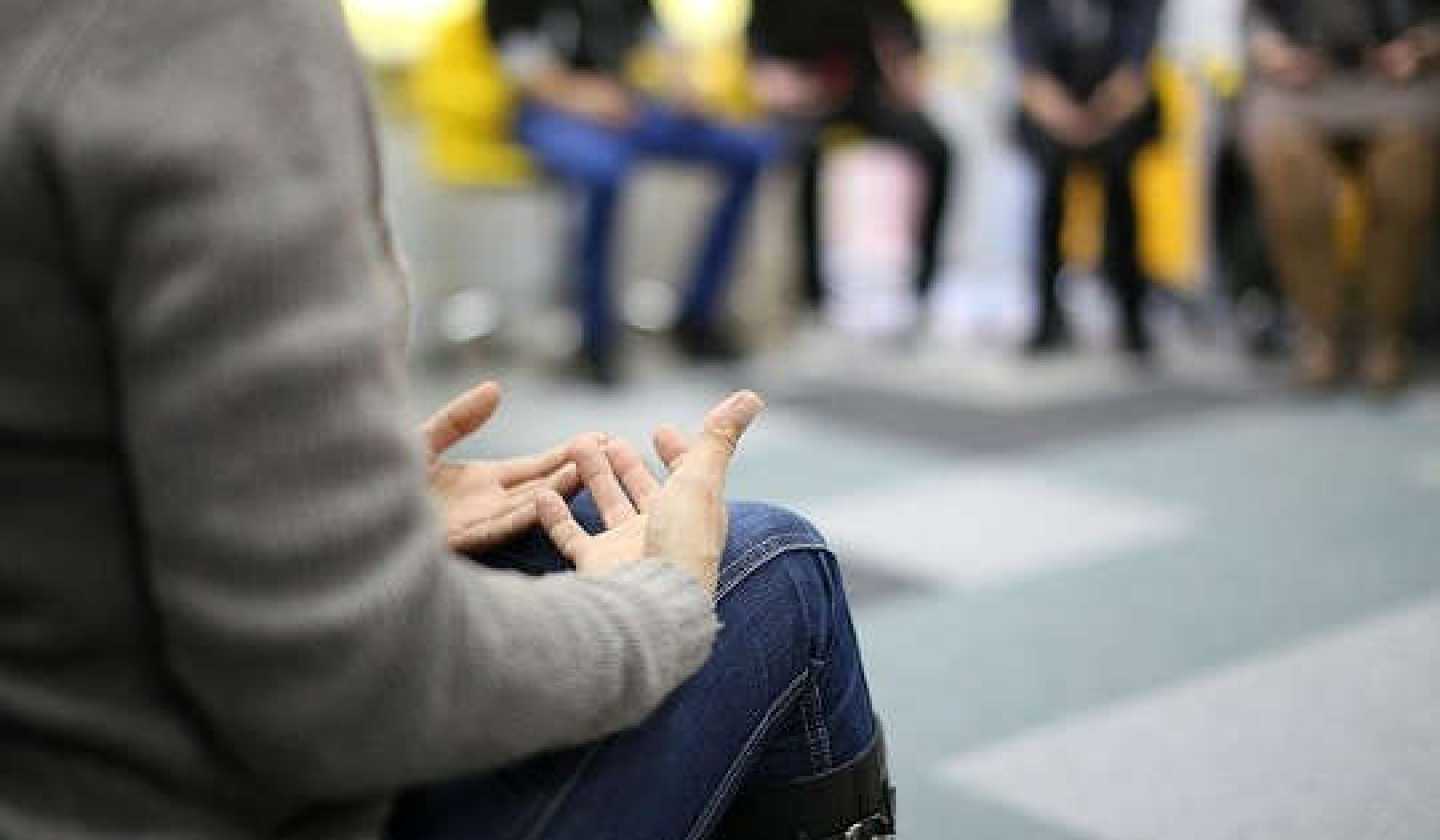
We all love a happy ending. Romanno/Shutterstock
All’s well that ends well, wrote William Shakespeare in 1623. The words may still seem to ring true today, but turns out they don’t. We have just busted the old myth in a recent brain imaging experiment, published in the Journal of Neuroscience.
Experiences that end well are not necessarily good overall and experiences that end less well are not necessarily all that bad. For example, if you play five rounds of poker you get more overall enjoyment from winning twice in the middle than once at the end – but we don’t always realise this. In fact, one of the numerous foibles that prompt us to make poor decisions is an unwarranted preference for happy endings.
A happy ending means things got better as the experience unfolded. However focusing on happy endings can make us neglect what happened along the way. A happy ending may be brief and come after a long period of mediocrity.
Most of us enjoy it when our pleasant experiences are as long as possible, but at the same time we want things to end well. When Dumbledore died at the end of the Harry Potter film, some people might have felt that their whole experience was ruined. But enjoyment that has already been had should not be discounted because of a disappointing end. A long holiday with brilliant weather except for the last day is not worse overall than a much shorter holiday with good weather throughout.
 Would one rainy day ruin your holiday? Juergen Faelchle/Shutterstock
Would one rainy day ruin your holiday? Juergen Faelchle/Shutterstock
However, this is exactly how some people feel about past experiences. And this obsession with things getting better and better all the time is a Banker’s Fallacy – focusing on short-term growth at the expense of long-term outcome. The core of the problem is a difference between what we enjoy while it lasts and what we want again after the final impression. Fixating on the happy end only maximises our final impression, not our overall enjoyment.
The neuroscience of happy endings
To examine this phenomenon, we invited 27 volunteers to take part in a virtual gambling experiment. The participants watched pots of money on a computer screen as gold coins of different sizes dropped into the pots one by one. A happy ending would be one where larger gold coins dropped at the end of the sequence.
The experiment took place in an MRI scanner, which allowed us to monitor the brain’s activity as the participants examined pairs of sequences of gold coins. After each pair they got to decide which pot they preferred.
It turned out that there is a good reason why people are attracted to happy endings. Computational analyses of the brain recordings showed that we register the value of an experience in two distinct brain regions. The overall value is encoded in a brain region called the amygdala, which has a mixed reputation. It has been argued that amygdala activation mediates emotional responses that can lead to irrational behaviour, but it has also been shown that it can boost rationality by reliably integrating economic saving strategies.
But the amygdala’s influence on decision making is marked down by disincentive activity in a region called the anterior insula if a previous experience doesn’t end well. The anterior insula is sometimes associated with processing negative experiences, such as disgust – suggesting that some people are actively repulsed by the unhappy end.
In the gambling experiment, good decision makers picked the pots with the most money in total, regardless of whether they got larger gold coins at the end. They showed a strong representation of the overall value in the amygdala, whereas suboptimal decision makers had stronger activity in the anterior insula. In other words, good decision makers need to be able to overrule a displeasing impression of an experience, such as an unhappy end.
Let’s say you are going out for dinner and you chose between a Greek and an Italian restaurant where you’ve been before – essentially asking your brain to compute which meal was best last time. If all the dishes in the Greek restaurant were “quite good” then clearly the whole dinner was “quite good”. But if the Italian starter was “so so”, the main dish was only “alright” but the tiramisu at the end was amazing, then you might have formed an overly positive impression of that Italian restaurant because the meal had a happy ending.
Since these brain mechanisms operate whether we want it or not, they may be reinforced by human culture with its interest in manipulating our perceptions through advertising, propaganda, fake news and so forth – exploiting our susceptibility to narrative and storytelling. No one is immune to advertising. The more institutions manipulate our thinking, the more our capacity to make good decisions is threatened.
Our intuitive brain really needs intervention from our more deliberate thinking processes to help us resist fake news and other manipulation. Most of us already know how to do this for example by writing a list of pros and cons to support ourselves into wiser decisions, rather than relying on our gut feeling.
So it’s not only Shakespeare who was wrong. If our daily behaviour becomes too narrowly focused on the immediate past, we’re missing out. We need to stop and think about what we are doing using our prefrontal cortex and overrule these impulses and focus on the most relevant aspect of the decision.![]()
About the Author
Martin D. Vestergaard, Computational Neuroscientist, University of Cambridge
This article is republished from The Conversation under a Creative Commons license. Read the original article.

Books Improving Attitude and Behavior from Amazon's Best Sellers list
"Atomic Habits: An Easy & Proven Way to Build Good Habits & Break Bad Ones"
by James Clear
In this book, James Clear presents a comprehensive guide to building good habits and breaking bad ones. The book includes practical advice and strategies for creating lasting behavior change, based on the latest research in psychology and neuroscience.
Click for more info or to order
"Unf*ck Your Brain: Using Science to Get Over Anxiety, Depression, Anger, Freak-Outs, and Triggers"
by Faith G. Harper, PhD, LPC-S, ACS, ACN
In this book, Dr. Faith Harper offers a guide to understanding and managing common emotional and behavioral issues, including anxiety, depression, and anger. The book includes information on the science behind these issues, as well as practical advice and exercises for coping and healing.
Click for more info or to order
"The Power of Habit: Why We Do What We Do in Life and Business"
by Charles Duhigg
In this book, Charles Duhigg explores the science of habit formation and how habits impact our lives, both personally and professionally. The book includes stories of individuals and organizations who have successfully changed their habits, as well as practical advice for creating lasting behavior change.
Click for more info or to order
"Tiny Habits: The Small Changes That Change Everything"
by BJ Fogg
In this book, BJ Fogg presents a guide to creating lasting behavior change through small, incremental habits. The book includes practical advice and strategies for identifying and implementing tiny habits that can lead to big changes over time.
Click for more info or to order
"The 5 AM Club: Own Your Morning, Elevate Your Life"
by Robin Sharma
In this book, Robin Sharma presents a guide to maximizing your productivity and potential by starting your day early. The book includes practical advice and strategies for creating a morning routine that supports your goals and values, as well as inspiring stories of individuals who have transformed their lives through early rising.






















